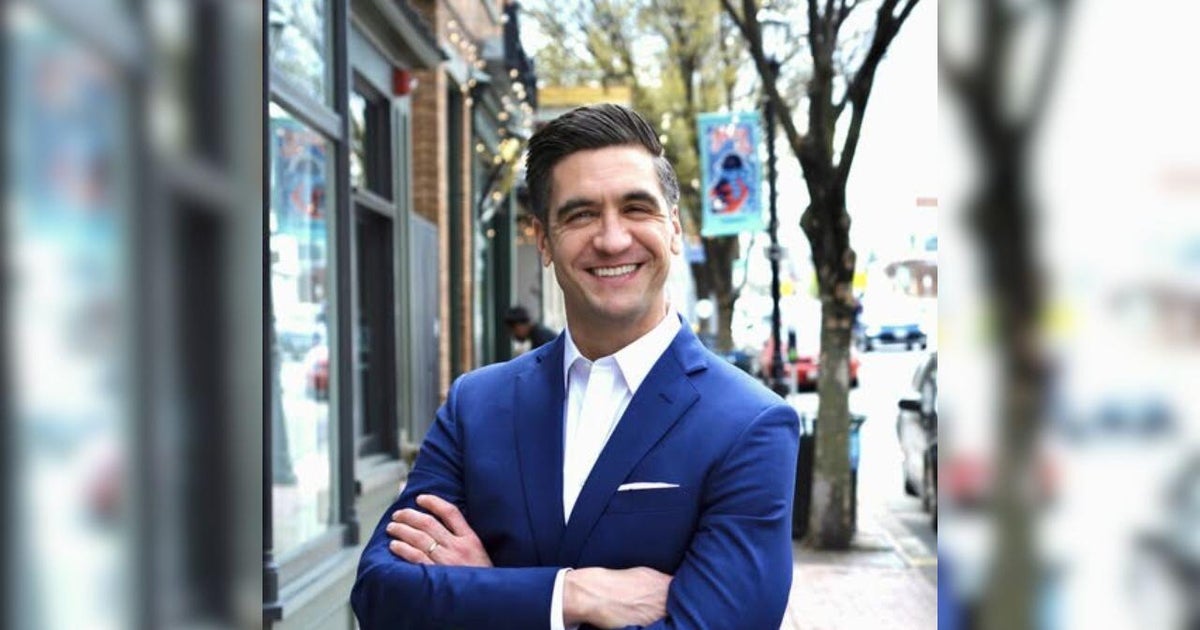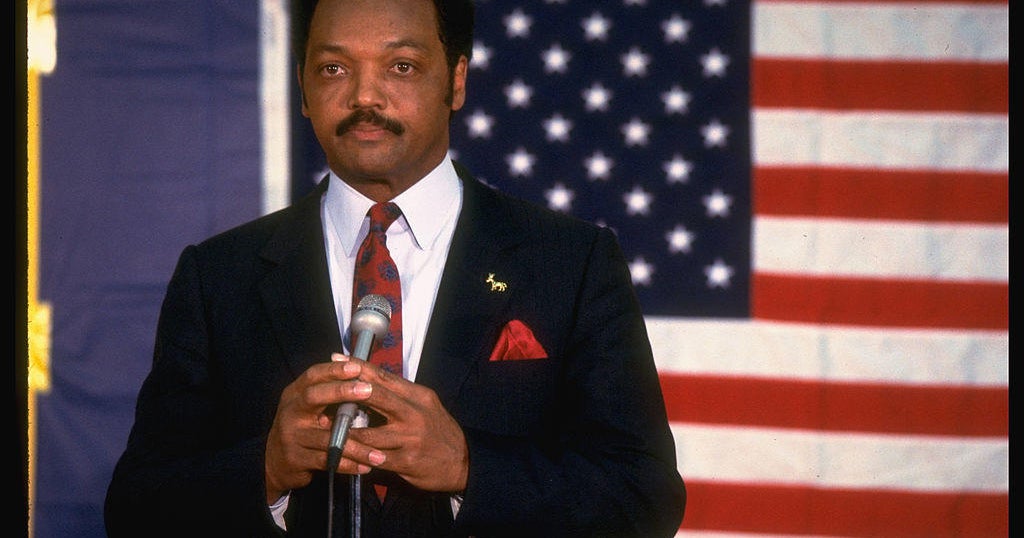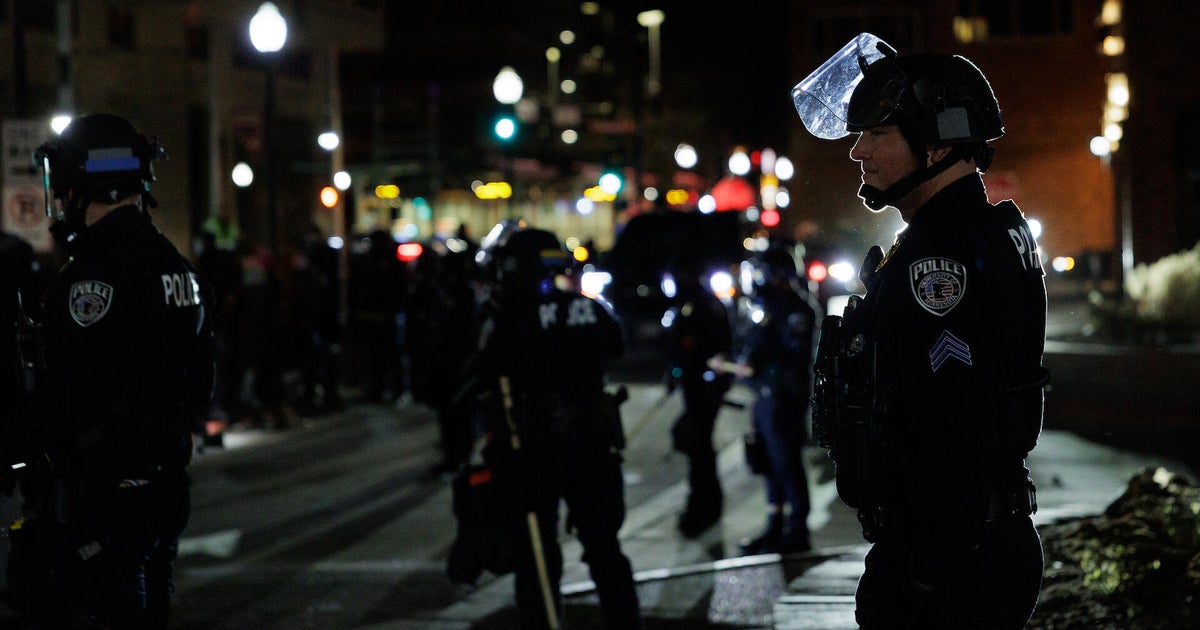Newsom's Business Holdings Could Pose Ethics Bind
SAN FRANCISCO (AP) -- Before he was a politician, California Lt. Gov. Gavin Newsom was a businessman, and over the years he became a millionaire through his holdings in wineries, bars, restaurants, hotels and liquor stores.
Newsom, a Democrat, is running for governor, and those business interests present an ethics challenge if he's elected as predicted and follows through on his vow to keep his holdings.
"These are my babies, my life, my family. I can't do that. I can't sell them," Newsom told reporters during a recent bus tour. He has said he'll make decisions on how he'll balance business and government work after the Nov. 6 election.
The potential for blurred lines between business and government service has become especially resonant since President Donald Trump broke with tradition for U.S. presidents and chose not to divest from his extensive holdings. Newsom has been a harsh critic of the president's policies but has said little about this issue.
Newsom's hospitality businesses are heavily regulated by the state and could provide opportunities for interest groups to try to curry favor by renting facilities at Newsom's properties for events.
"You don't want government officials to be in a position where someone could reasonably doubt that the decision they made was based on their assessment of the public interest of California," said Kathleen Clark, a law professor specializing in government ethics at Washington University.
Government officials can avoid conflicts by selling their business interests and putting the proceeds in a blind trust, Clark said. Short of that, they can recuse themselves from decisions that might pose a conflict.
Trump's properties have become popular gathering places for political organizations and interest groups. That has changed expectations for government officials and likely will help California's next governor, whether it's Newsom or his Republican opponent, John Cox, who is also a millionaire businessman, said Dan Schnur, who teaches politics and communications at the University of Southern California and briefly led the state's ethics watchdog agency.
"Trump and his opponents have succeeded in defining ethics in almost a completely situational and partisan way," Schnur said. "Unfortunately, that almost certainly oozes down to state level politics and government."
Newsom, 51, got his start in business with the help of family friend Gordon Getty, son of the late billionaire oil tycoon J. Paul Getty. With his financing, Newsom and Gordon Getty's son, Billy, opened a San Francisco wine shop in 1992 and later a restaurant.
Those grew to a web of businesses known as the PlumpJack Group that includes four hotels; four Napa Valley wineries; several bars and restaurants; two wine and liquor stores in San Francisco; and an online liquor store.
When he was San Francisco's mayor, Newsom was forbidden by the city charter from spending time on outside employment. He divested from his businesses in the city. But he said as governor, he won't sell his stake, though nearly all his businesses are in California.
On the GOP side, Cox has extensive investments, including publicly traded stocks and more than 2,000 apartments in the Midwest, along with a stake in a law and accounting firm he founded in the 1980s. Cox said he doesn't foresee a conflict because his businesses and properties are outside California.
As lieutenant governor, Newsom said he hasn't participated in PlumpJack's day-to-day operations or personnel decisions. His sister, Hilary, runs the company, though Newsom said he reviews financials and stops by big events, such as the release of a new wine vintage.
As governor, he said he's inclined to give up all involvement, but "we'll have lawyers, smart folks look at that."
"I will do the right thing," Newsom said.
Alcohol is heavily regulated, and issues involving it often reach the governor.
Outgoing Gov. Jerry Brown was asked to decide changes big and small. He signed, for example, legislation allowing wineries to share tasting room space with a craft brewery or distillery but vetoed a bill that would have allowed San Francisco and several other cities to push back the closing time for bars to 4 a.m. Newsom's bars and restaurants in San Francisco and Palm Springs would have been affected.
The governor also appoints the director of the Department of Alcoholic Beverage Control, which grants liquor licenses and can revoke them or fine business owners for violations like selling to underage drinkers or people who are overly intoxicated.
State law prohibits law-enforcement officers and state alcohol enforcers from owning liquor licenses but has no restrictions for the governor, said Marco Costales, a lawyer specializing in alcohol regulations at Nossaman LLP in Los Angeles.
Newsom could also face ethical questions if state lawmakers step into ongoing fights between Airbnb and hotel owners, who want the home-sharing platform to face the same taxes and regulations.
California ethics laws would require Newsom to avoid intervening in specific liquor proceedings or acting on legislation that benefits his businesses differently from the industry as a whole, said Bob Stern, who wrote the California Political Reform Act, which includes conflict-of-interest restrictions for public officials.
Former Gov. Arnold Schwarzenegger, who entered office with a vast fortune, put his assets in a blind trust, though he faced questions about whether it was truly blind because it was managed by his friend and longtime financial adviser. California politicians creating blind trusts disclose the assets they own when the trust is created and are prohibited from knowing about any new assets purchased.
Schwarzenegger took heat in 2005 when securities filings revealed he had a contract worth at least $1 million a year with a company that publishes fitness magazines, which derive income from ads for dietary supplements. As governor he vetoed a bill that would have imposed government regulations on the supplement industry. He eventually severed ties with the magazines.
In California, the governor can recuse himself from regulatory decisions but can't take a pass on legislation. Bills become law automatically if the governor does nothing, and there's no mechanism to cede authority to the lieutenant governor for reasons of conflict.
"A legislator can skip a vote," Schnur said. "A governor cannot really skip a veto."
© Copyright 2018 Associated Press. All Rights Reserved. This material may not be published, broadcast, rewritten or redistributed







